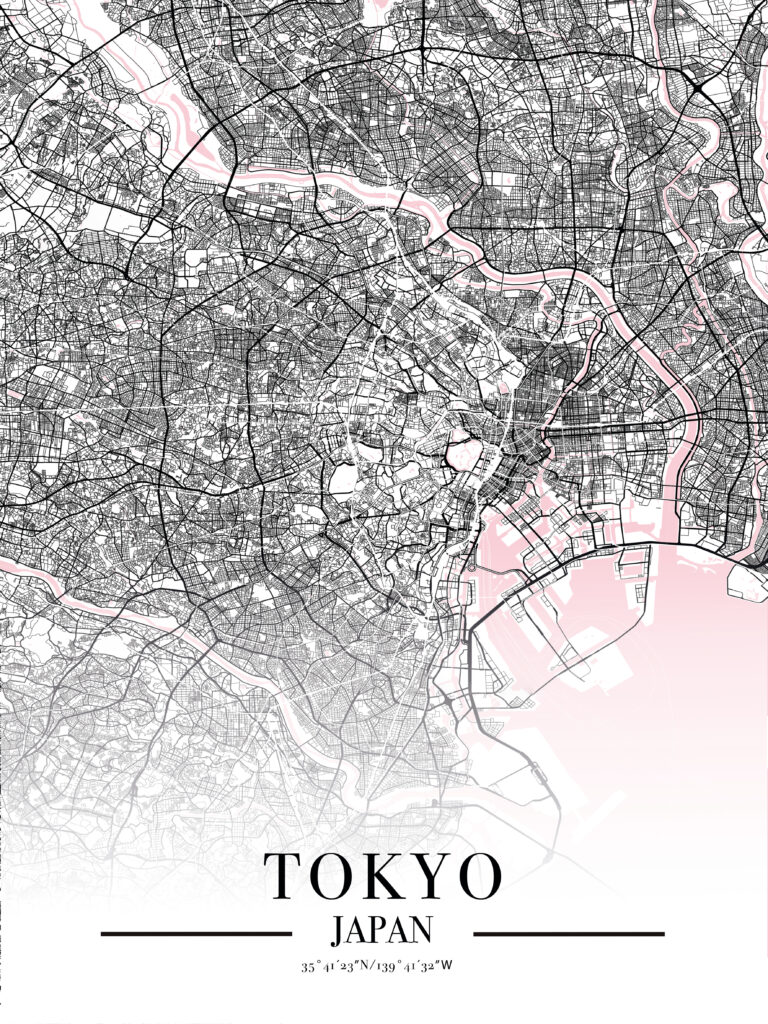Basic Information
Tokyo, having Osaka as a counterweight, is the center of politics, economics, and culture in Japan.
The population of Tokyo Metropolis is 14 million. Tokyo has 23 wards, 26 cities, 5 towns, and 8 villages as local municipalities. Within the 23 wards, there are approximately 500 train stations, giving Tokyo a high station density, with approximately 1 station per square kilometer. This density means that one can reach a train station within 10-15 minute walk.
While Tokyo has various faces and distinctive characteristics in each area, with preferences varying among individuals, generally, premium residential addresses are often found in the southern(Jonan) and western(Josei) districts, namely, the Yamanote area.
Jonan : Minato Ward, Shinagawa Ward, Meguro Ward, Ota Ward
Josei : Shinjuku Ward, Setagaya Ward, Shibuya Ward, Nakano Ward, Suginami Ward, Nerima Ward
Furthermore, within the 23 wards of Tokyo, the area inside the Yamanote Line is particularly scarce and holds great value. This area accounts for only 2.9% of the total land area of Tokyo Metropolis.
Reference Information:
- Total Area of Tokyo Metropolis: 2,194 km²
- Total Area of Tokyo’s 23 Wards: 628 km²
- Area Inside the Yamanote Line: 63 km²
- Chiyoda Ward: 12 km²
- Minato Ward: 20 km²
- The Highest Elevation in the 23 Wards of Tokyo: 48m Above Sea Level
- Average Temperature: 15.5°C(59.9°F) – Similar to Madrid or San Jose, California
- Total Precipitation in One Year: 1528.8mm(210-220 days are sunny days throughout the year)
- Total Number of Restaurants in Tokyo: Around 80,000.
- Restaurants Awarded Michelin Stars in Tokyo:203(Paris 118)
- Michelin Three-Star Restaurants in Tokyo: 12(Paris 10)
- Bib Grourmand(high quality meal for 6,000 yen of less) in Tokyo:229
- Michelin Green Star(sustainable food) Restaurants in Tokyo: 14

Global Power City Index 2022
| 1 | London |
| 2 | New York |
| 3 | Tokyo |
| 4 | Paris |
| 5 | Singapore |
| 6 | Seoul |
| 7 | Hong Kong |
| 8 | Amsterdam |
| 9 | Berlin |
| 10 | Vienna |
(Institute for Urban Strategies The Mori Memorial Foundation)
The Global Power City Index (GPCI) evaluates and ranks the major cities of the world according to their “magnetism,” or their comprehensive power to attract people, capital, and enterprises from around the world measuring 6 functions—Economy, Research and Development, Cultural Interaction, Livability, Environment, and Accessibility—providing a multidimensional ranking.


